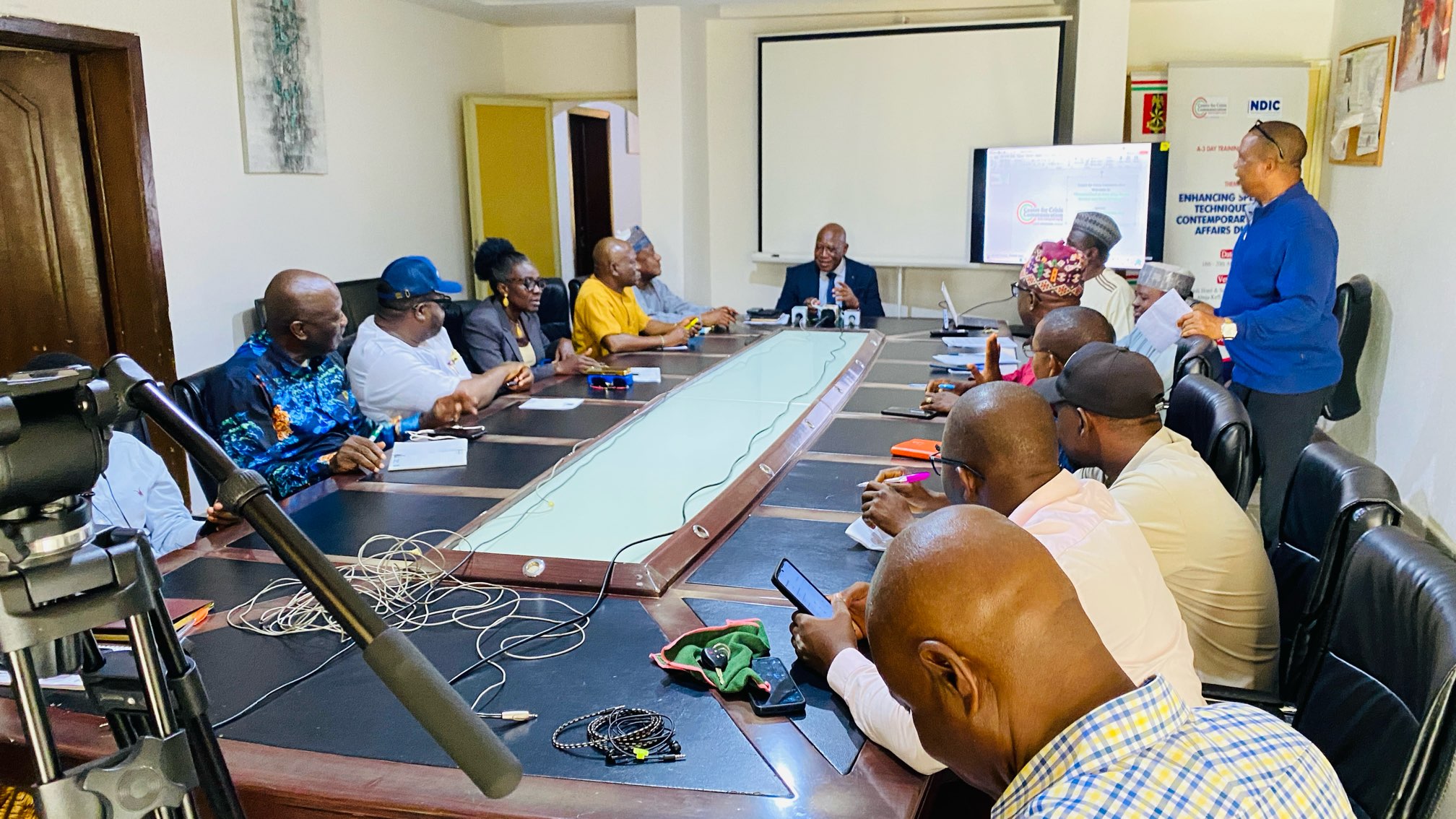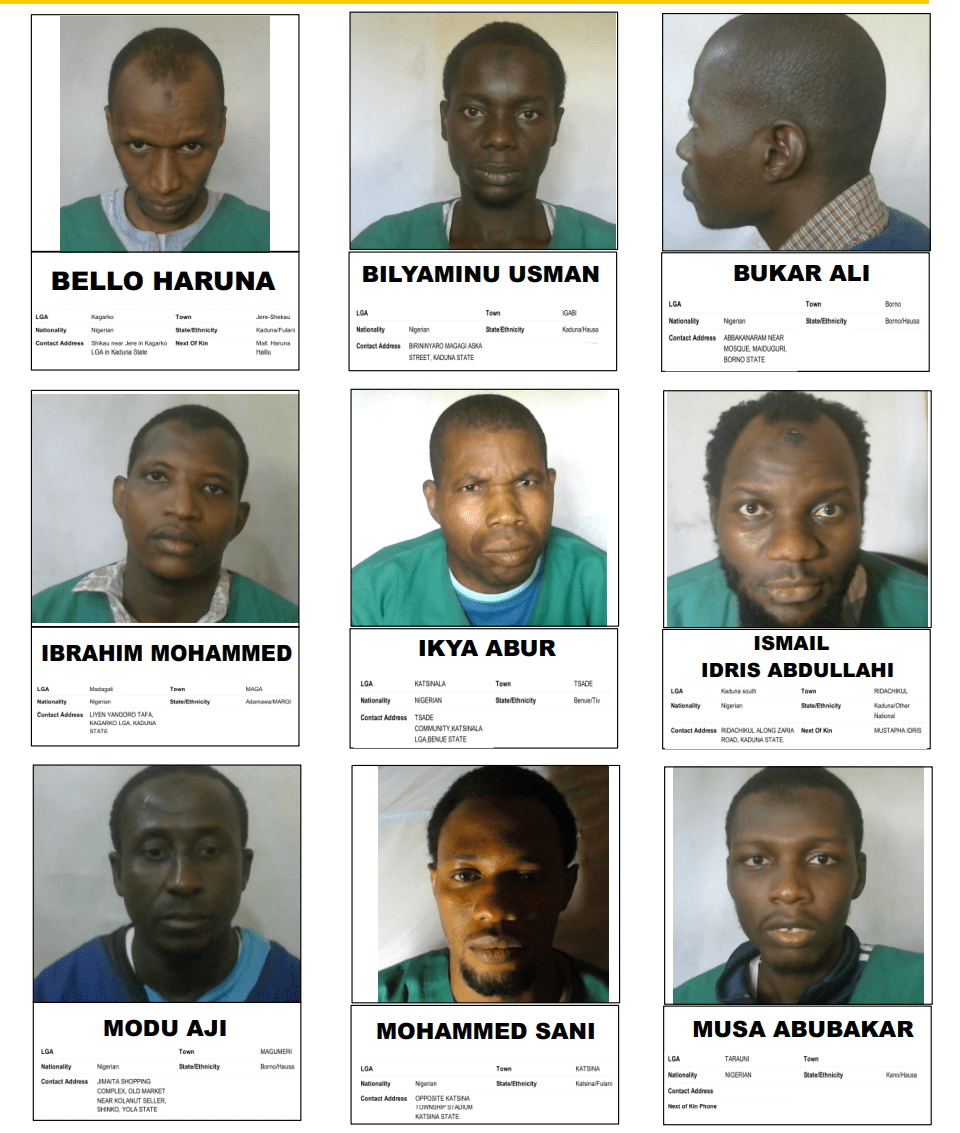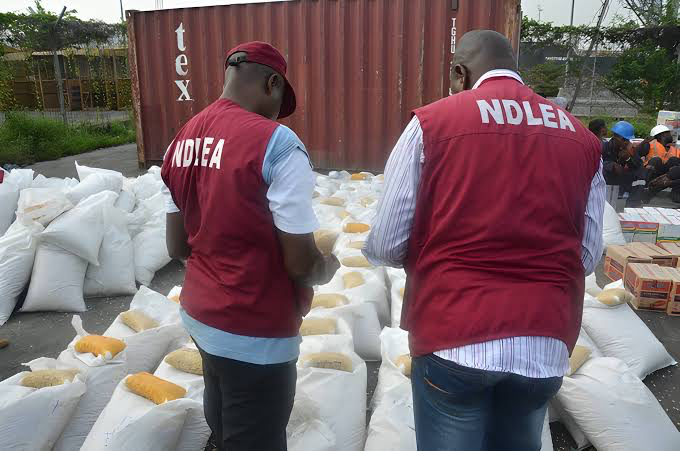CCC Advises Against Implementing Kenya’s Protest Model in Nigeria
The Centre for Crisis Communication CCC has advised Nigerians and certain groups urging citizens to follow the Kenyan example of mass protest over recent tax increases and hardship to desist from such call. It has also stressed the importance of the federal government communicating more with the people to deescalate the tension in the country.
This is just as the CCC identified potential volatile crisis areas which, if not addressed quickly, are capable of instigating full-blown violence across the country, including the unresolved worker’s minimum wage imbroglio, the political leadership crisis in Rivers State and the Emirship tussle in Kano state.
Chairman, Board of Trustees of the Centre, Major General Christopher Olukolade (rtd) made this known in Abuja, pointing out that many of the crisis points unfolding in the country can be resolved in other ways peacefully. This offers a hopeful alternative to military solutions.
Olukolade said, “The recent escalation of violent rhetoric and the posturing by some political, religious and community leaders, and even non-state actors alike, have the potential to turn violent conflict and aggravate the already worrisome internal security challenges assailing our country.
“So in our conflict trends analysis, for the second quarter of 2024, we have identified potentially violent or volatile developments in the country which we believe could spark off unnecessary crises with far-reaching consequences to our national security if they are not well managed.
Speaking on some of the identified flash areas, he said, ‘First in that list is the yet-to-be-resolved minimum wage issue that has pitched the labour movement against the federal government. We do not subscribe to sweeping this issue under the carpet.
“We, therefore, want to unequivocally call on the government and the organized private sector to summon the required courage to take a decision on this matter and to meet and resolve it once and for all, rather than to postpone the resolution of this issue constantly, instilling a sense of urgency and proactivity in the audience.
“The time to conclude the negotiation that has lasted so long is now, and the earlier it is done, the better. So we strongly suggest that it should be completed. Let’s decide on the nation’s minimum wage, as it greatly matters.
Regarding trending agitations over economic hardship and calls in social media and from groups urging Nigerians to follow the Kenya example and protest against increased taxation, high cost of foodstuff and hardship, Olukolade said the Centre did not subscribe to such defeatist suggestions.
“The centre is concerned about the antics of those rooting for the idea of re-enacting the anti-tax crisis in Kenya. Those who believe that such destructive protests in Nigeria will be a way to resolve a crisis are instead calling for what is not consistent with our future and desire for a peaceful and progressive nation.
“So we want to caution against such tendencies and advise that the development in Kenya about their protests on tax is not a model for us to adopt in resolving our issues in a democracy and that the situation in Nigeria can be better managed with good consensus, discussions, and the necessary consultations.
“In other words, we are strongly against referring to the Kenya civil model. The outcome of the EndSARS protests is still fresh in our minds, and it’s not something we can re-enact by any other means.
Furthermore, he said, “The protracted political feud in the Rivers state is also a matter that has featured prominently in reportage and has tendencies towards crisis.
“We are using this opportunity to call on those involved to sheath the sword and enter a peaceful discussion over the issues. When they relate, we believe this could be solved, and there’s no need to plunge that state into a crisis.
“We don’t want to see a ripple effect of whatever is going on regarding the altercations at the moment.
“The tense situation in Kano, where the emirship tussle has remained unresolved for a couple of months now, presents a huge potential for violence. We don’t know for how long it will last, as it breeds room for volatility that is coming.
“It is notable that Kano has been relatively stable and peaceful for a while. We do not want it to slide into trouble because of the Emirship tussle. We cannot combine the Kano crisis with what’s going on in the Rivers state if the breakdown of law and order follows.
“The centre is also concerned about the prevalence of fake news and hate speech. Most of this is through social media, and we call on every effort we can make from the media and the government to discourage that tendency. Nigeria’s unity and corporate existence are more important than any achievement through fake news and unnecessary sentiments.
“While the centre will not advocate for government censorship of social media usage, the time has come for Nigerians to have a good conversation on how to moderate themselves in our daily communications as no country can progress or stabilise with the hateful and resentful communication going on in the Nigerian social media space.
“As a country grappling with the various internal security challenges, the Center for Crisis Communication cautions against opening up another theatre of crisis. We urge all citizens to embrace peace and security and refrain from any actions that may further exacerbate the situation.
“We also appeal to the political religious, and community leaders to work together to address the underlying issues driving this tension and promote dialogue instead, driving understanding and peaceful resolution of conflicts. We believe Nigeria’s diversity is a strength and that our differences can be resolved without unnecessary tension and crisis.”



